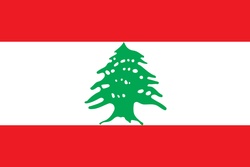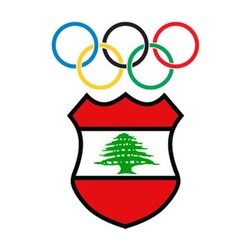Lebanon is a mountainous country in the Levant with a coastline on the eastern Mediterranean Sea; it borders Israel in the south and Syria in the north.
Lebanon's coastal region, was the site of some of the oldest human settlements in the world—the Phoenician ports of Tyre (modern Ṣūr), Sidon (Ṣaydā), and Byblos (Jubayl) were dominant centres of trade and culture in the 3rd millennium BCE.
The capital city is Beirut. Lebanon tourist destinations comprise of the “Paris of the East” or Beirut, Anjar which is reputed to have an “Umayyad” connection.
Lebanon is the home of Arabic architecture and lovely historical monuments; Qadisha Valley or the Holy Valley, which is listed among the World Heritage sites , famous monasteries, beautiful chapels, Tyre and Tripoli which is often compared to the dream of Arabian Nights.









